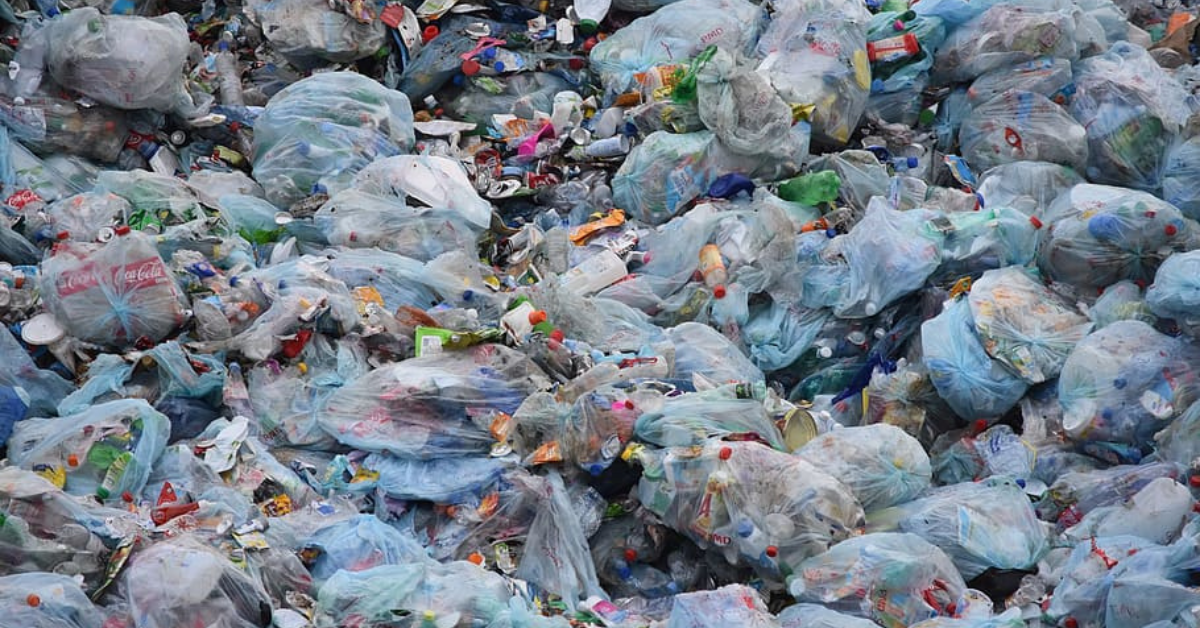
Single-use plastic waste has been a growing concern in India for years. The country is one of the world's largest consumers of plastic, with approximately 3.4 million tonnes of plastic waste generated annually. Most of this waste ends up in landfills or the ocean, contributing to environmental pollution and posing a significant threat to wildlife.
The Indian government has taken steps to address this issue, including implementing laws and policies to restrict the production and use of single-use plastics. However, the impact of these measures has been limited, and the use of single-use plastics continues to be widespread across the country.
One of the main reasons for the continued use of single-use plastics is the lack of viable alternatives. While cloth bags and paper straws are available, they are often more expensive and less convenient than their plastic counterparts. This makes it difficult for consumers to switch to more sustainable options.
Another factor contributing to the continued use of single-use plastics is their affordability. For many small businesses, plastic packaging and bags are a cost-effective option, making switching to more sustainable alternatives challenging. In addition, the plastic industry is a significant source of employment, and any ban on single-use plastic products would significantly impact the livelihoods of those employed in the sector.
ALSO READ | Ocean Plastic Pollution To Quadruple By 2050
While the Indian government has implemented laws and policies to address the issue of single-use plastics, these measures have not been effectively enforced. Despite the bans and regulations in place, there is a lack of oversight and accountability for businesses that continue to use and distribute plastic bags and other single-use plastics. This has contributed to the widespread availability and use of single-use plastics in India.
There are also cultural factors at play that contribute to the continued use of single-use plastics. In many parts of India, the culture of hospitality dictates that guests are offered food and drink in disposable plates and cups, which are often made of plastic. This tradition has been difficult to break, as it is seen as a sign of hospitality and respect.
The ban on single-use plastic in India is a positive step towards a more sustainable future. However, it is unlikely to be successful without implementing more effective policies, greater access to affordable and convenient alternatives, and a shift in cultural attitudes towards single-use plastics. With greater awareness, education, and investment in sustainable infrastructure, it is possible to reduce the use of single-use plastics and create a more environmentally friendly society.
ALSO READ Plastic Responsible For One-Third Death Of Mediterranean Sea Turtles
The Story Mug, a Guwahati-based blogzine, believes in telling stories that matter.